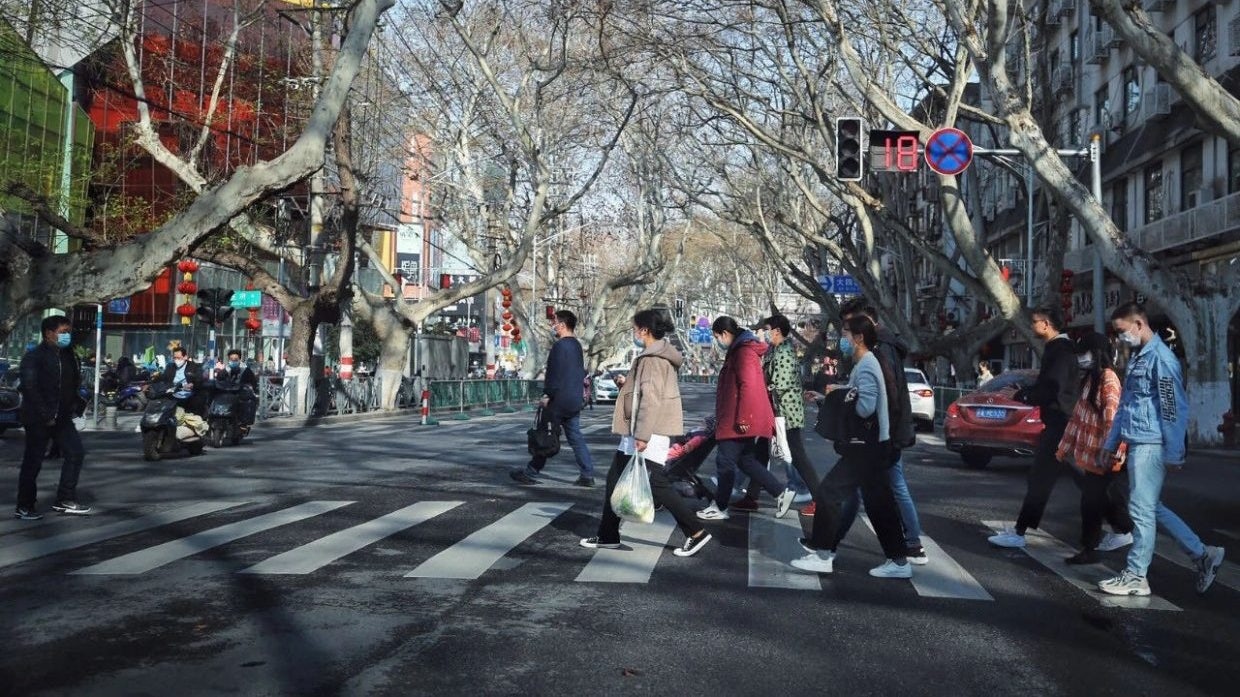What happened
To encourage people to spend, Chinese cities and e-commerce platforms are giving away millions of dollars worth of digital vouchers.
During the first two months of 2020 — the worst period of the pandemic in China — the country’s net sales of consumer goods dropped 20.5 percent, according to the National Bureau of Statistics. As a driving force of China’s economy, consumption has quickly become the top area of focus for local governments.
Jiangsu’s provincial capital of Nanjing issued 318 million yuan ($44.8 million) worth of digital vouchers on March 15 and saw instant results. From last Wednesday through Sunday, Nanjing locals with vouchers had spent nearly 10 million yuan ($1.4 million). Guangxi Province, Hangzhou and Qingdao all followed suit.
While local governments focus on food, culture, and tourism, e-commerce platforms are doing the heavy lifting for the retail sector. Recently, electronics giant Guomei teamed up with the e-commerce platform Pinduoduo to give away discounts and vouchers for Super Brand Day: an idea popularized by Tmall to showcase different brands on particular days. Meanwhile, Taobao, Tmall, and JD.com are all promoting brands’ discounts on their main pages.
Jing Take#
China is the world's first country to recover from COVID-19, but consumer confidence in the country isn’t going to change overnight. As Jing Daily wrote recently, the “revenge spending” that brands crave has yet to arrive.
Like many distressed companies in China, local fashion companies Baoxiniao and Ribo Fashion Group received 13.5 million yuan and 5.4 million yuan of government compensation, respectively, according to Jiemian.
Various financial analysts believe that a short-term stimulus for companies and individuals might work for now, but what about the rest of the year? As the global COVID-19 crisis worsens, decreased retail demand is going to have a butterfly effect on China’s import/export and manufacturing industries. American watchmaker Fossil’s manufacturer could “shut anytime” because of canceled orders.
Like any collective crisis, it will take time for fear to dissipate. But before then, brands should watch every step China is taking on the road to recovery.
